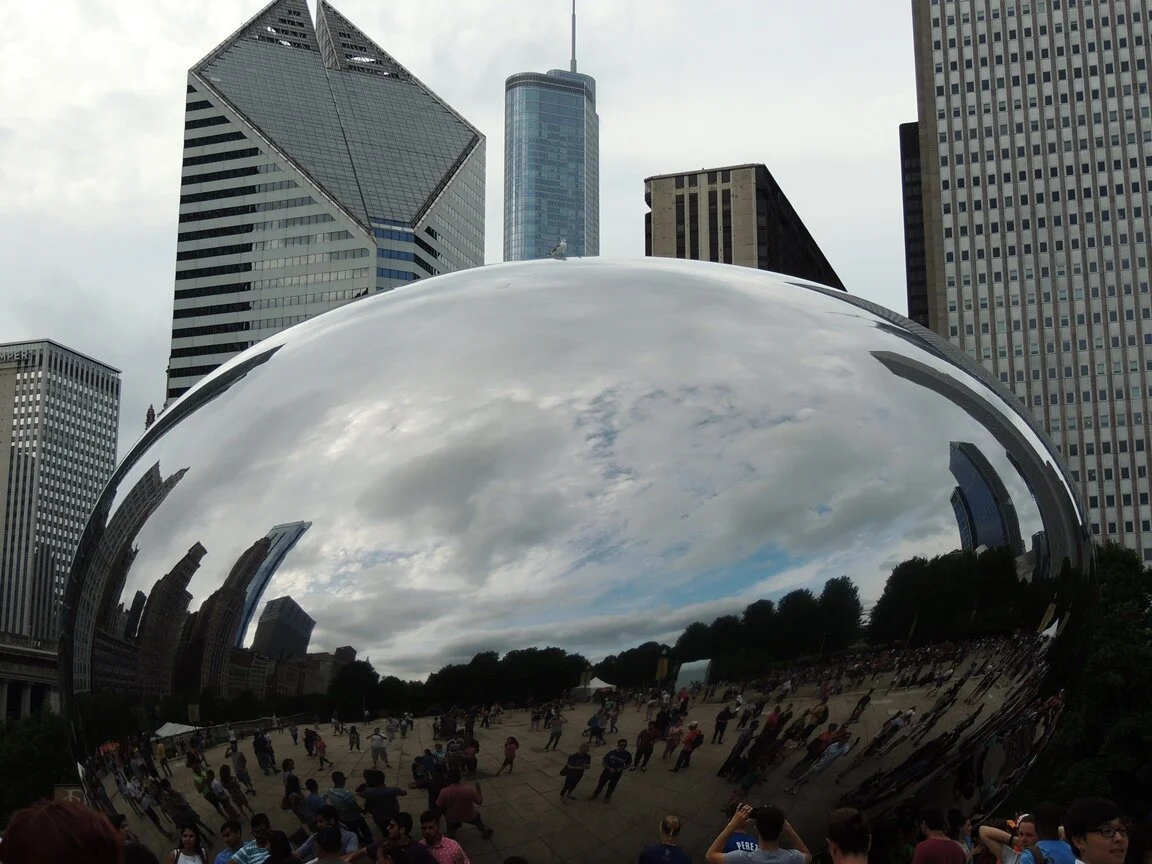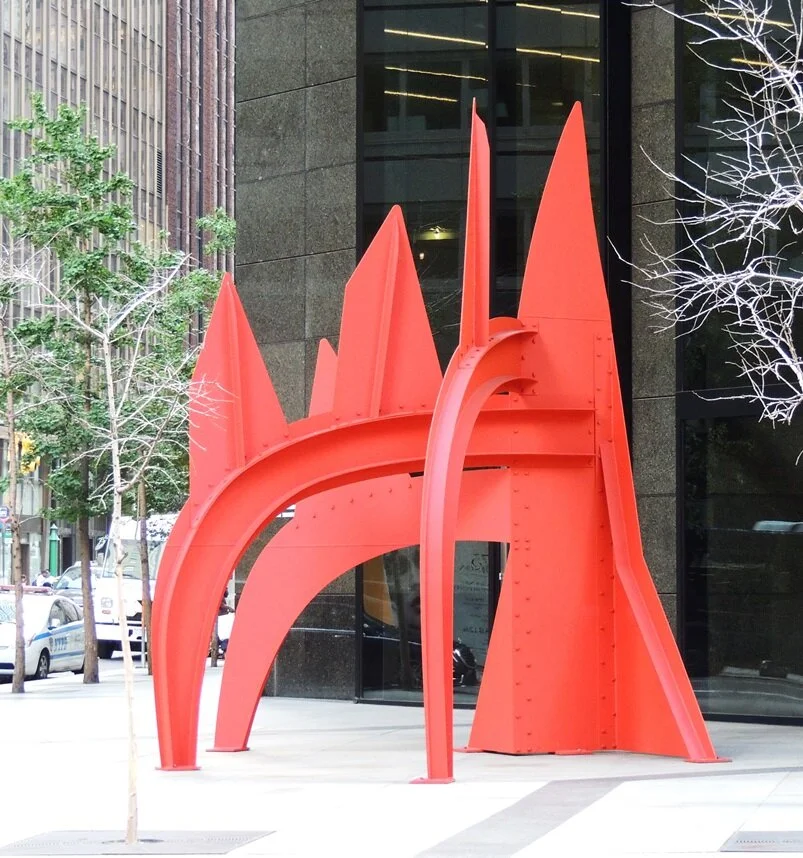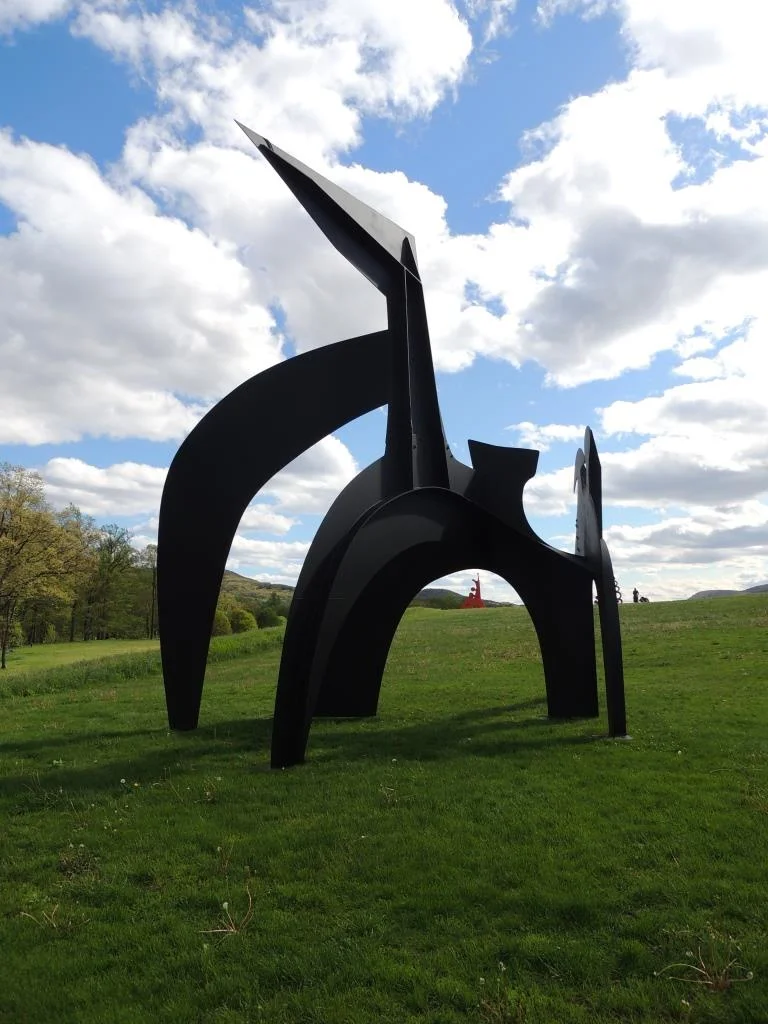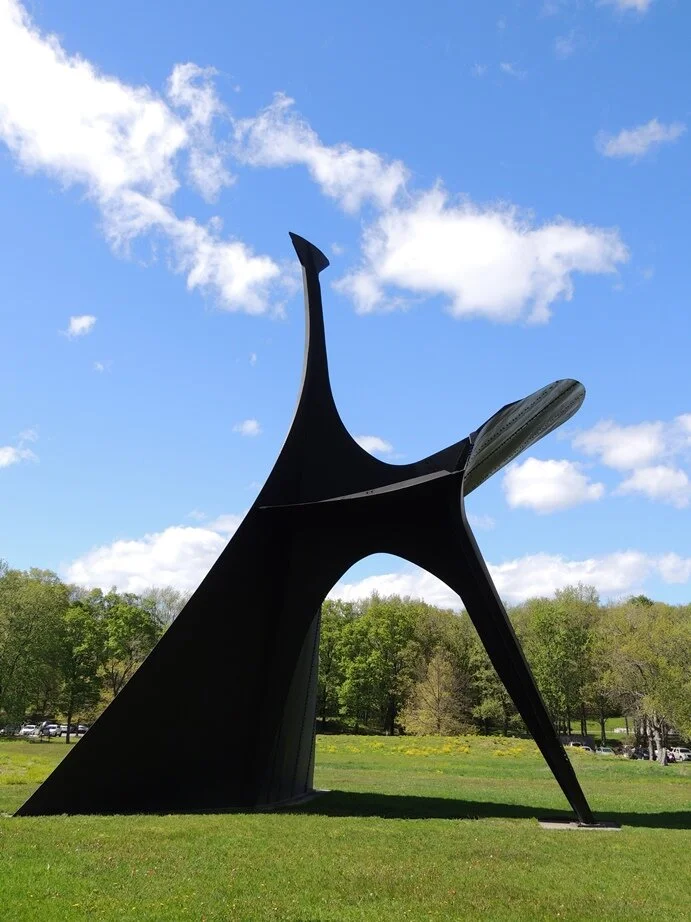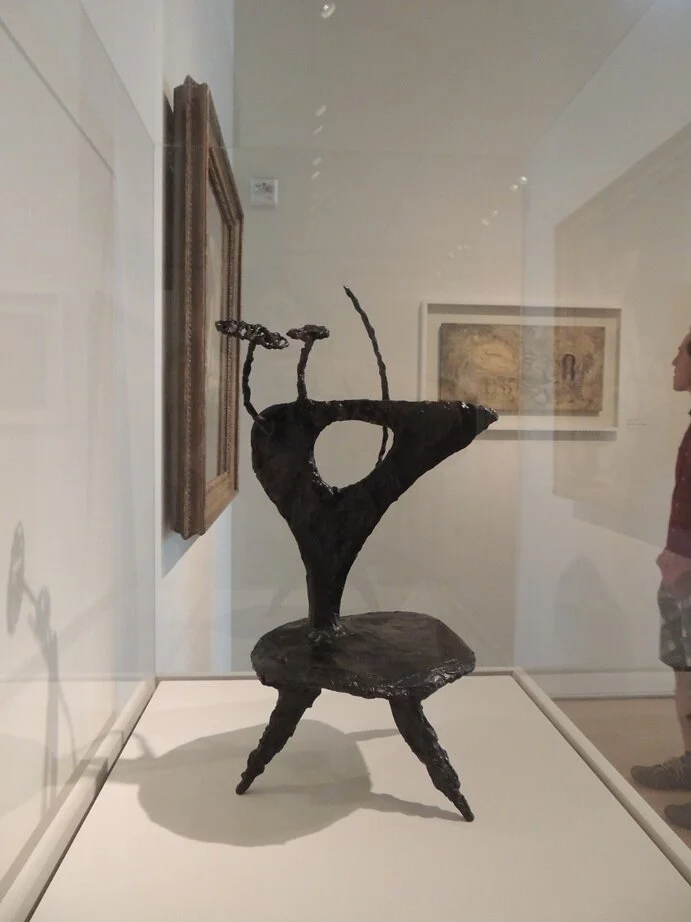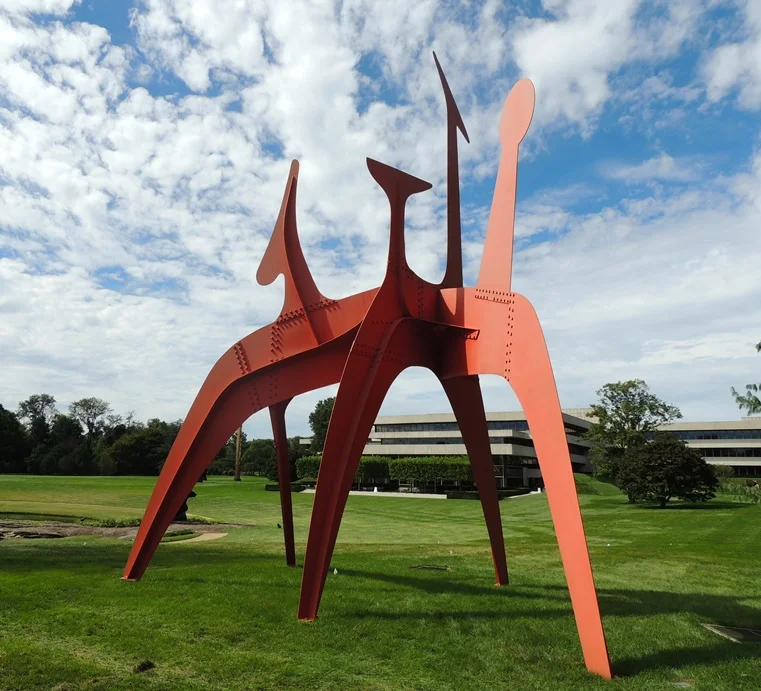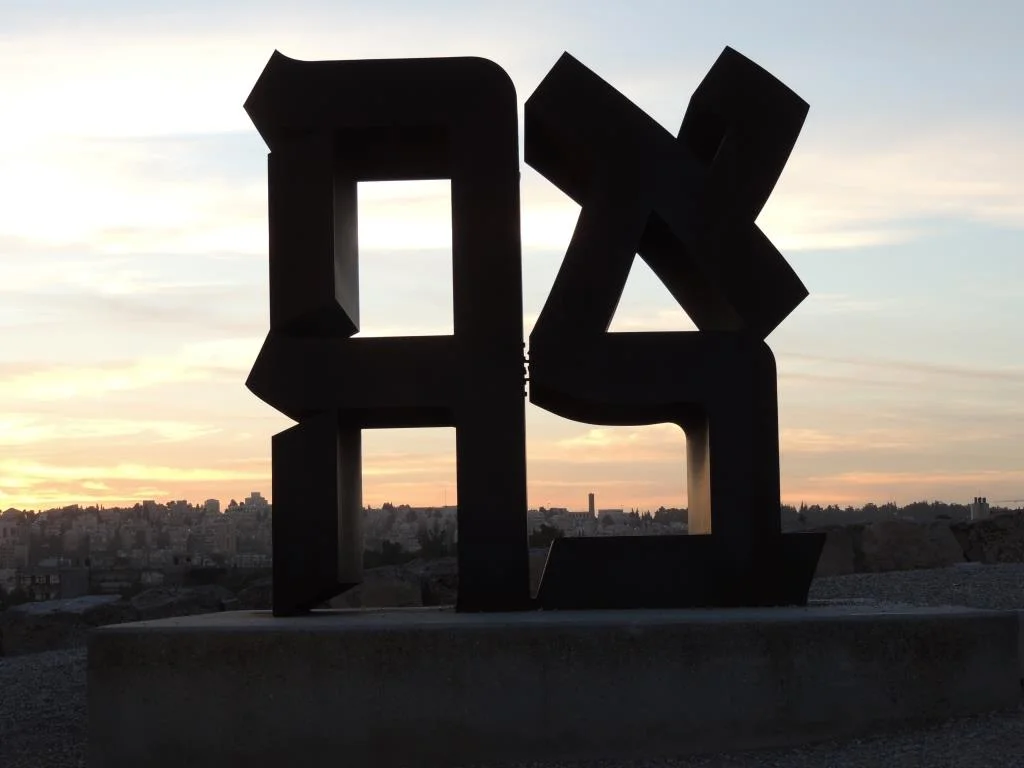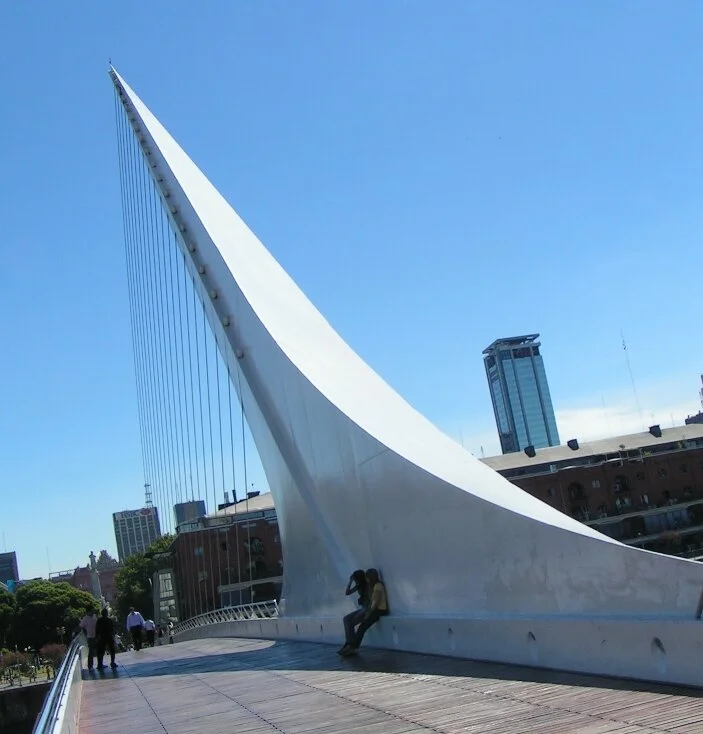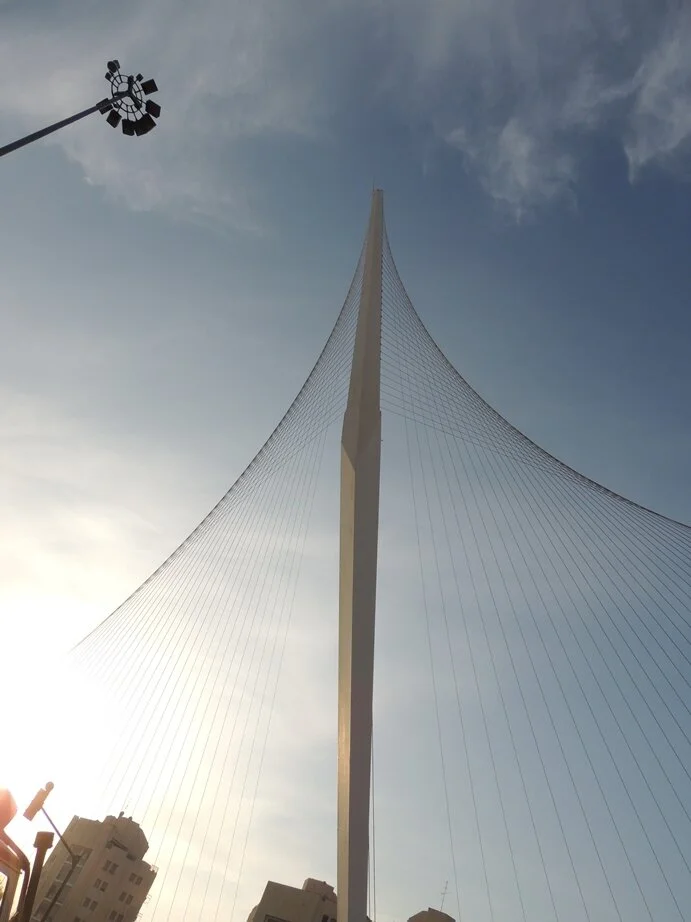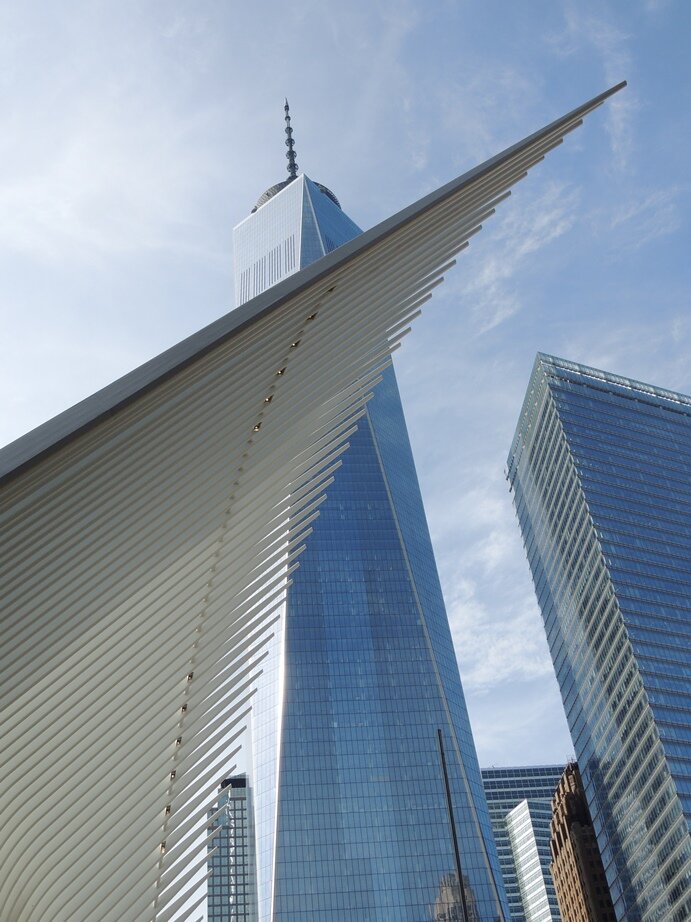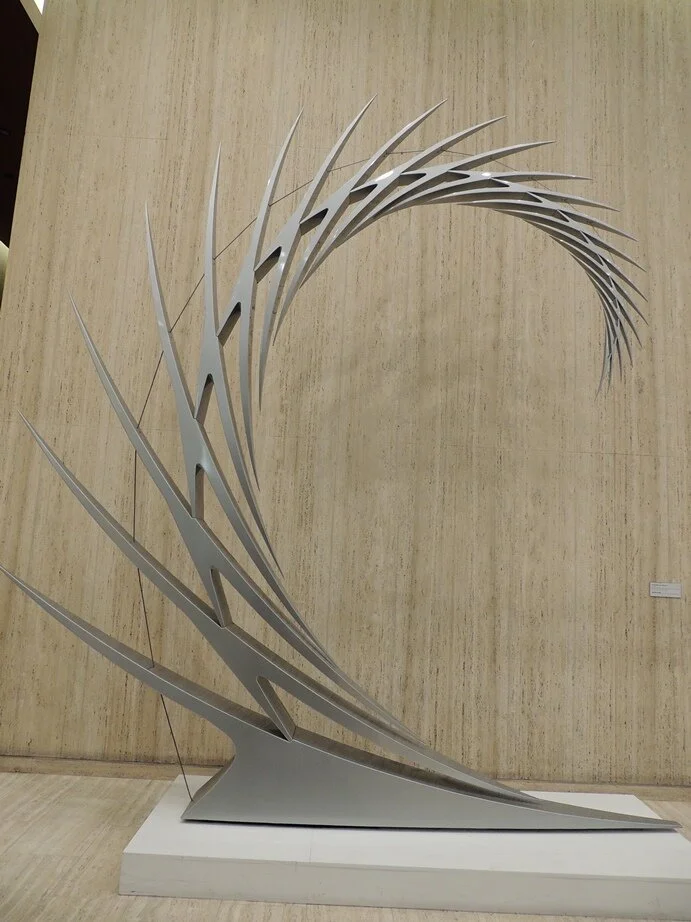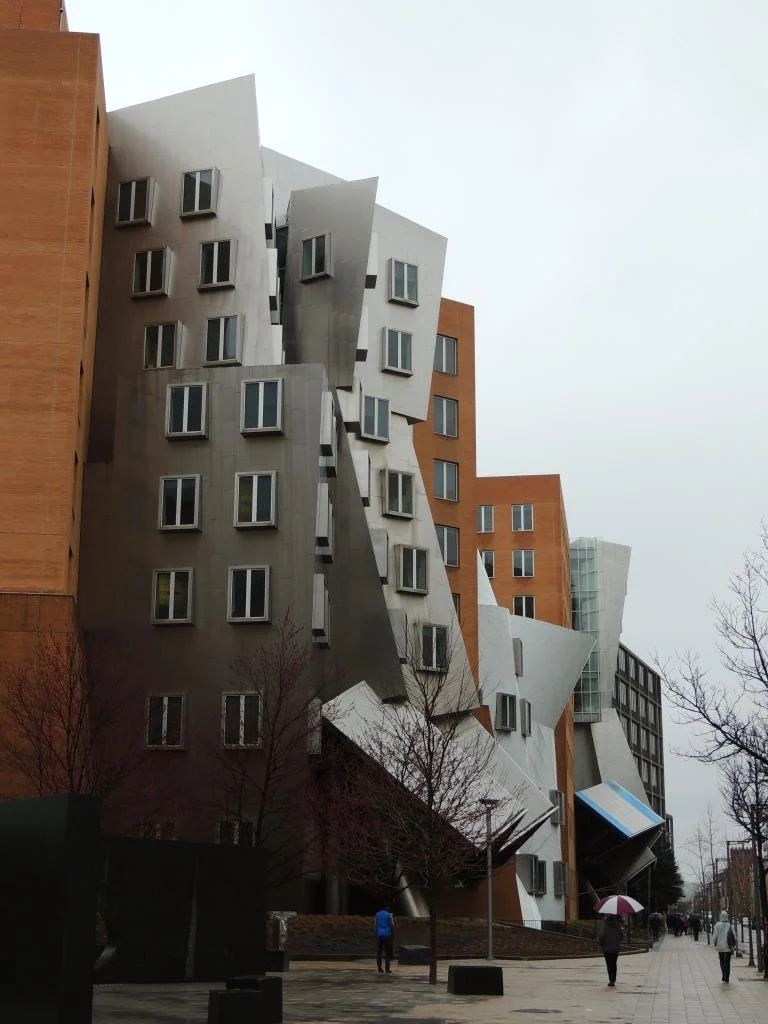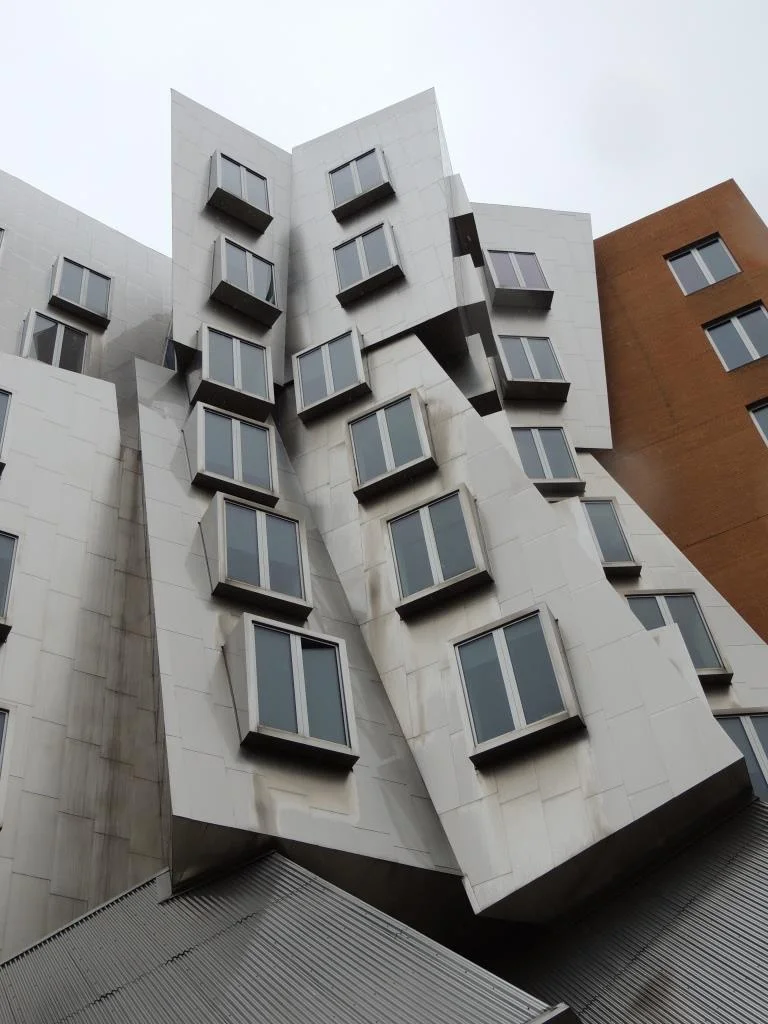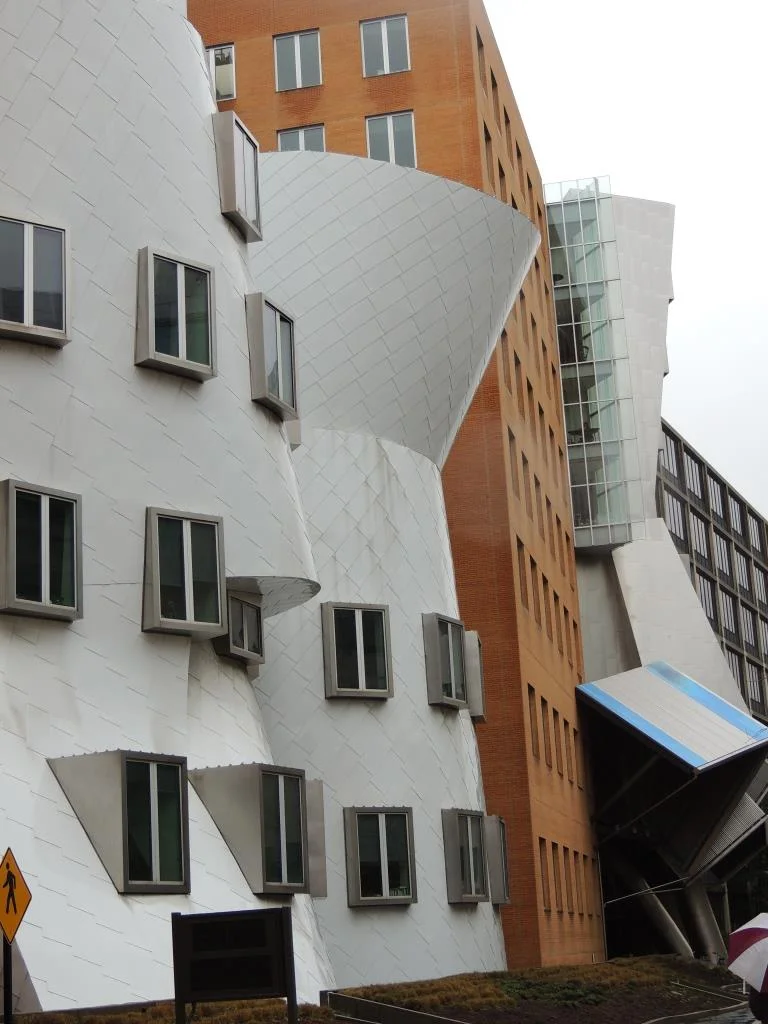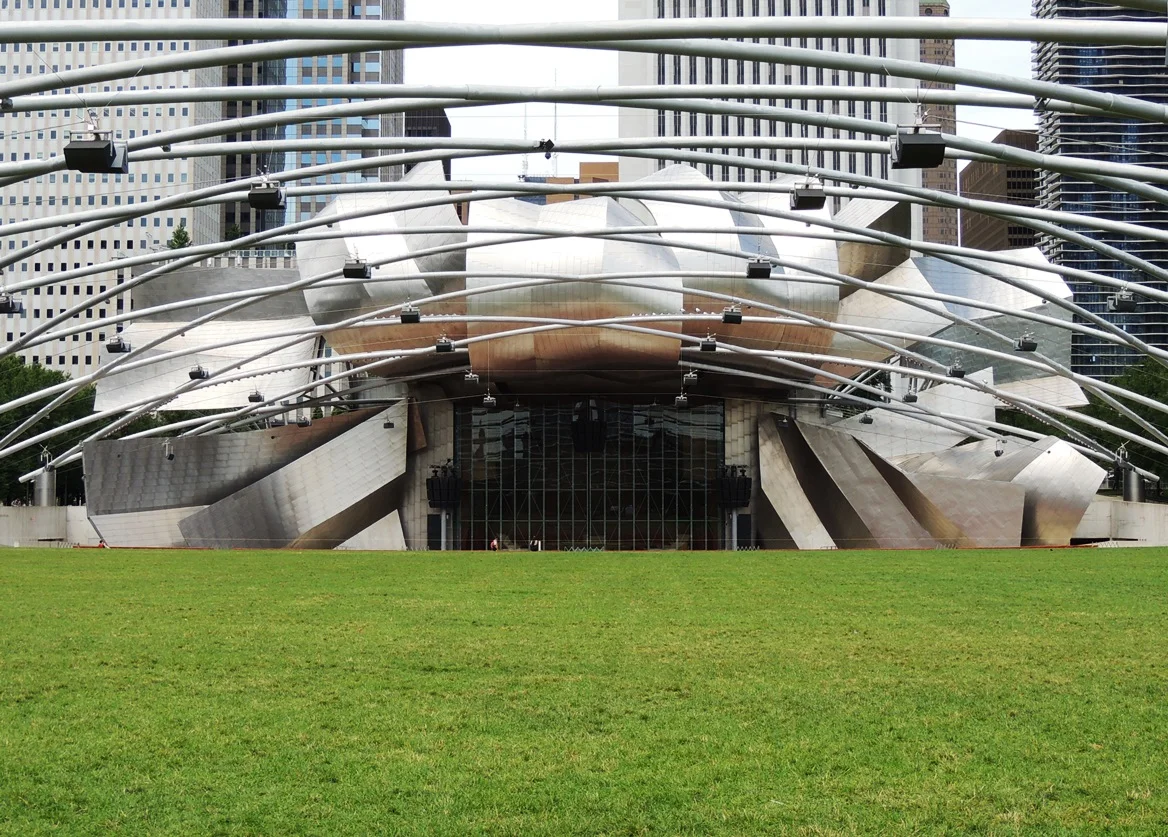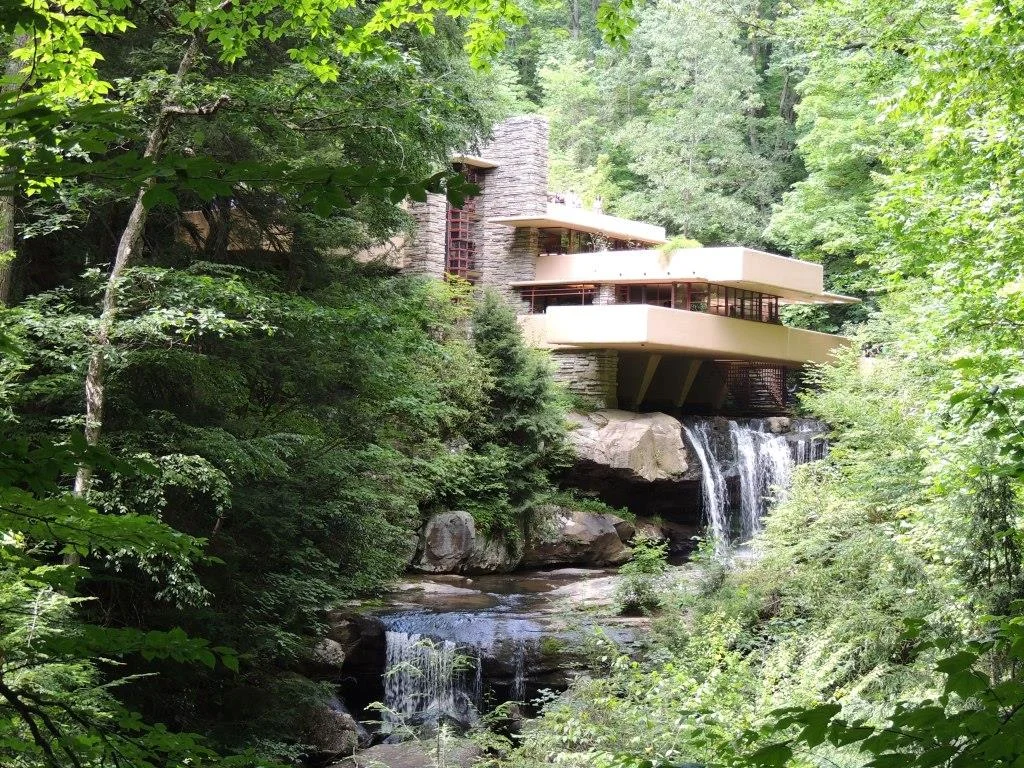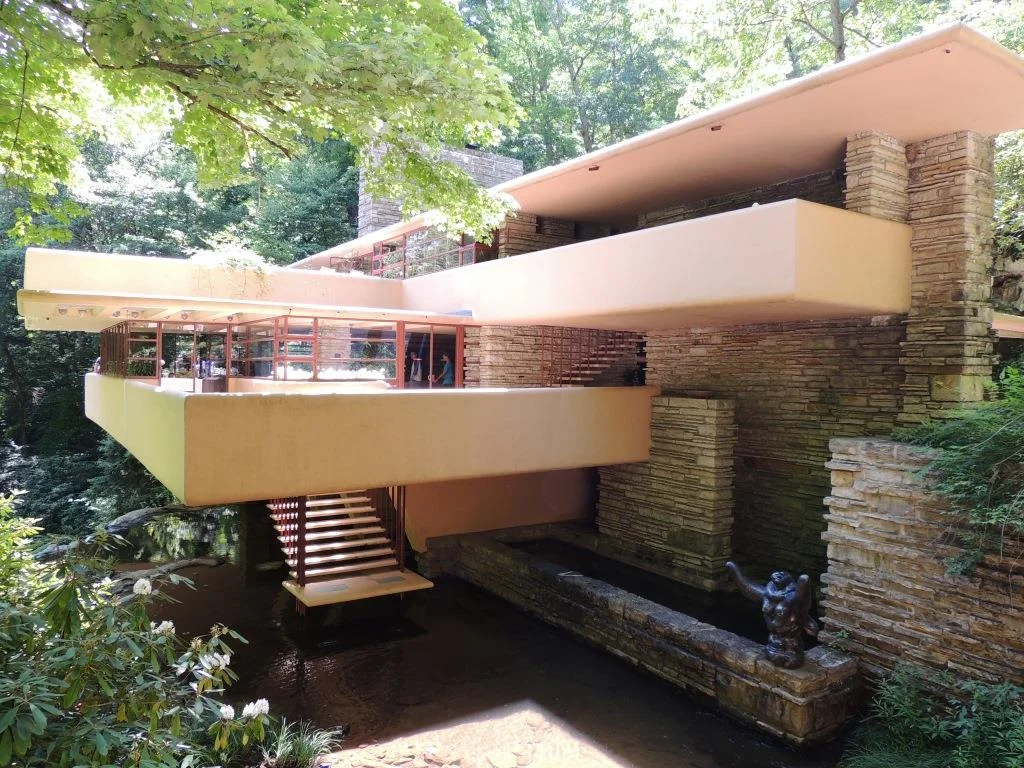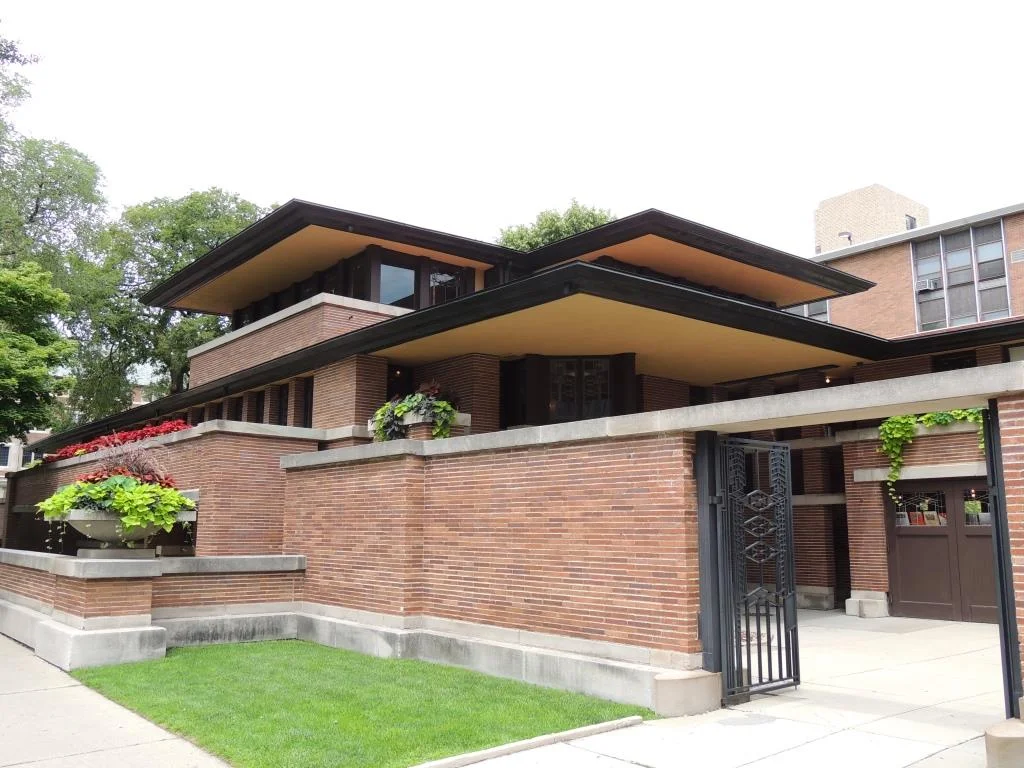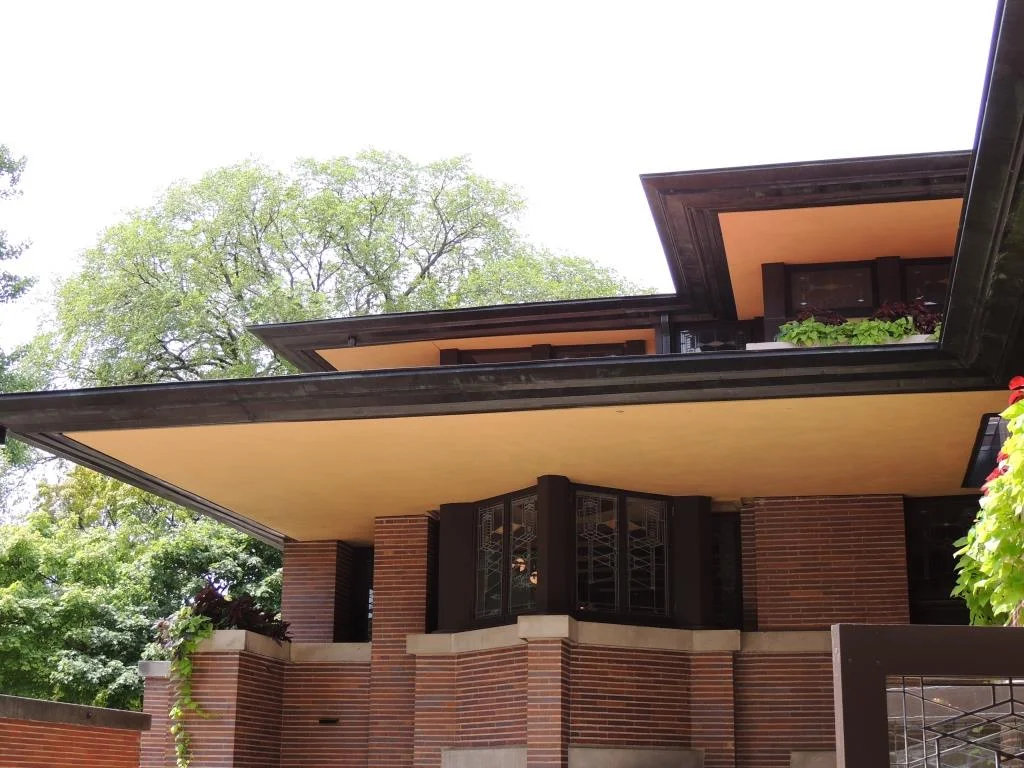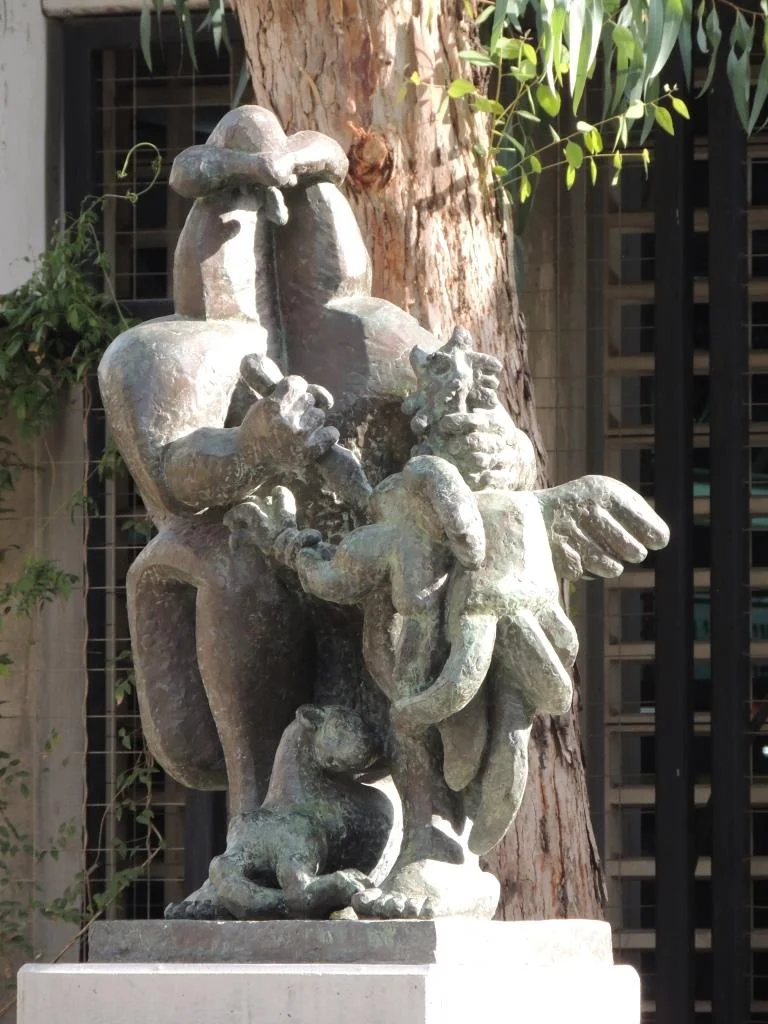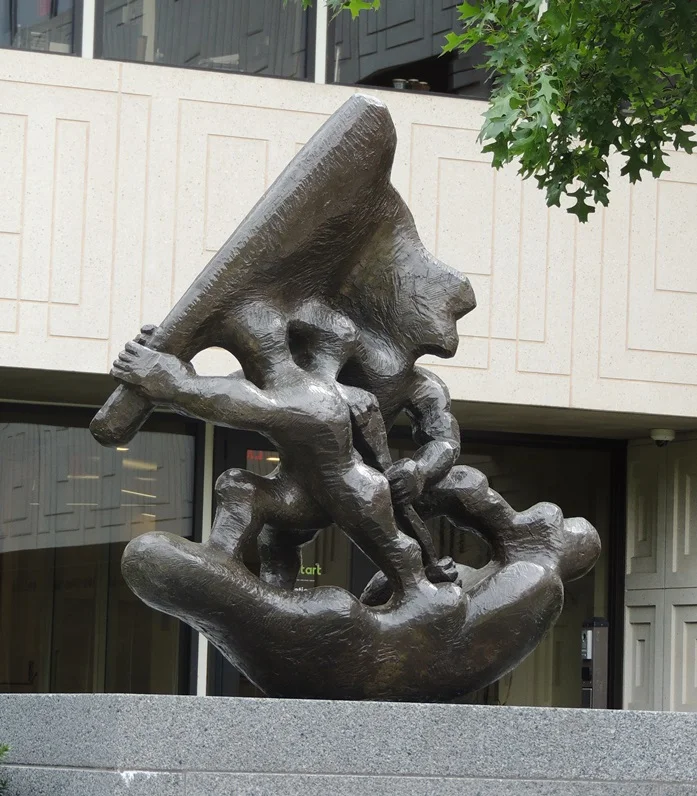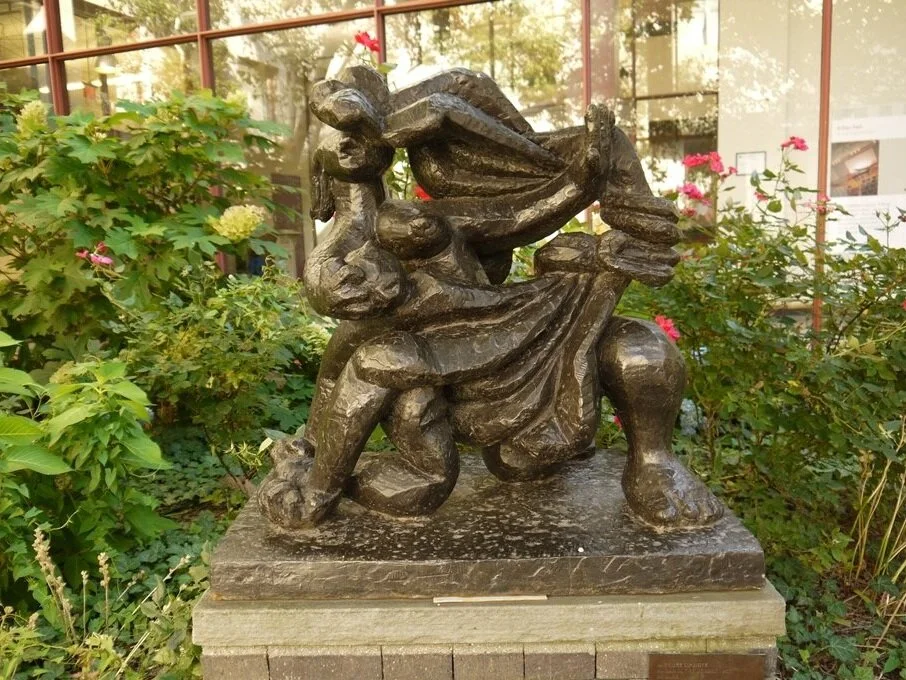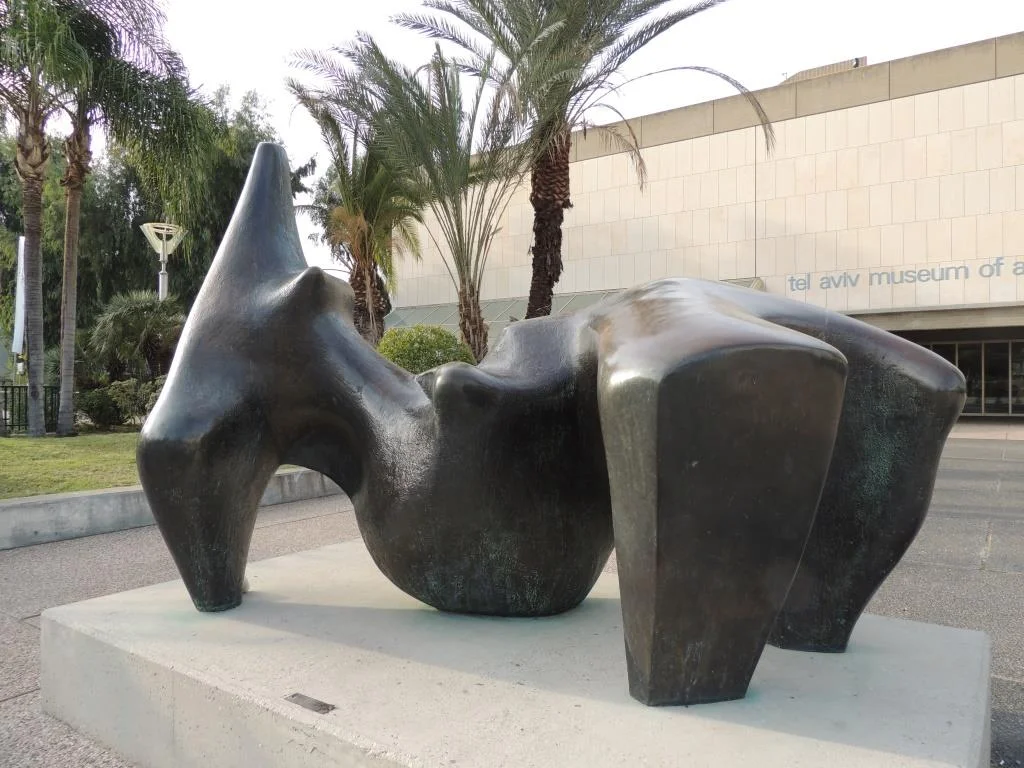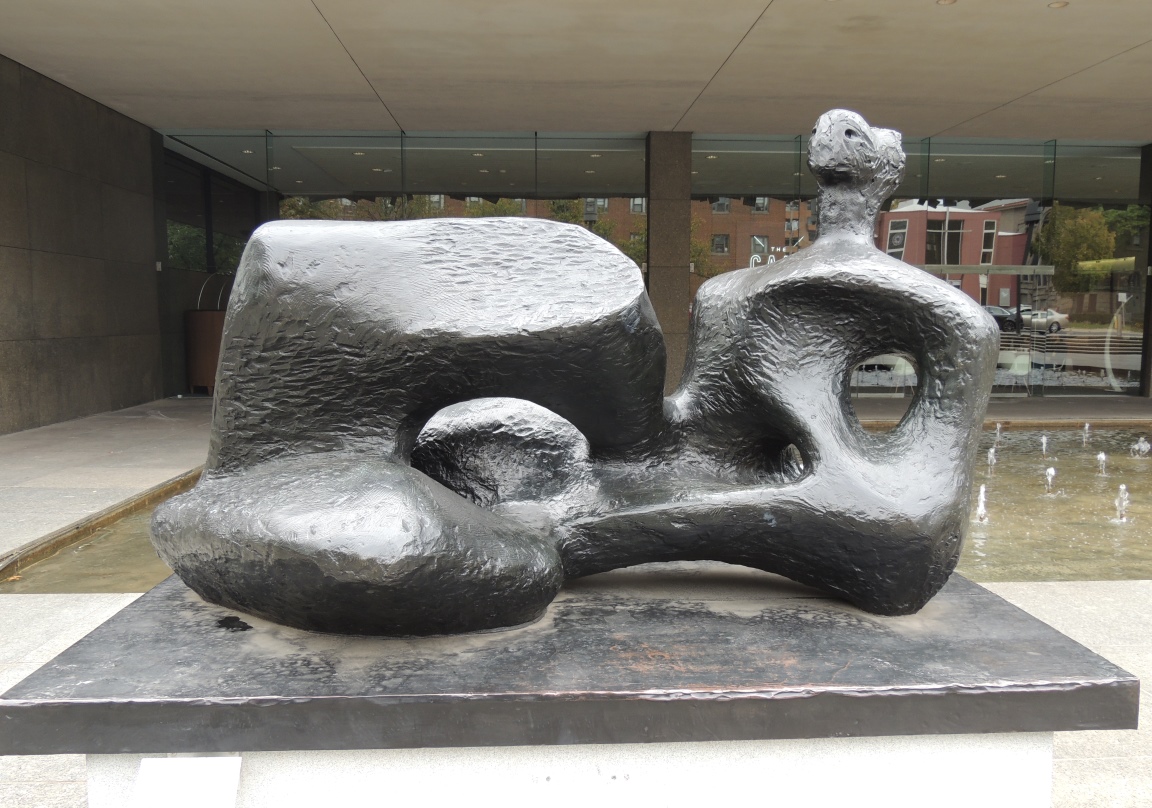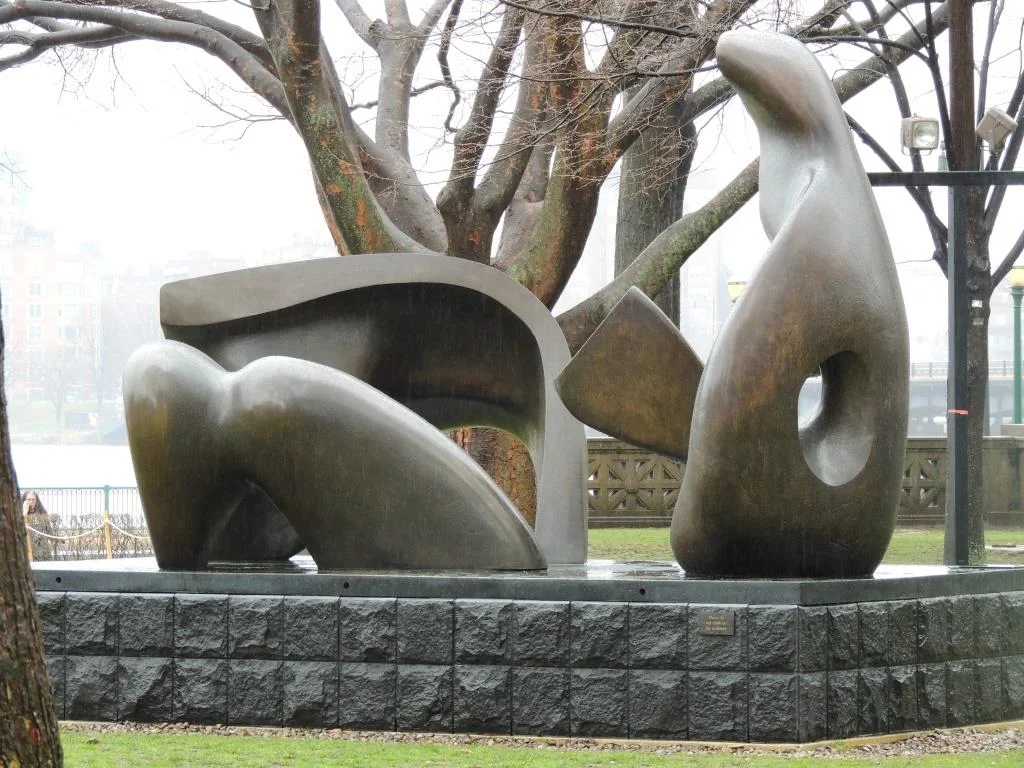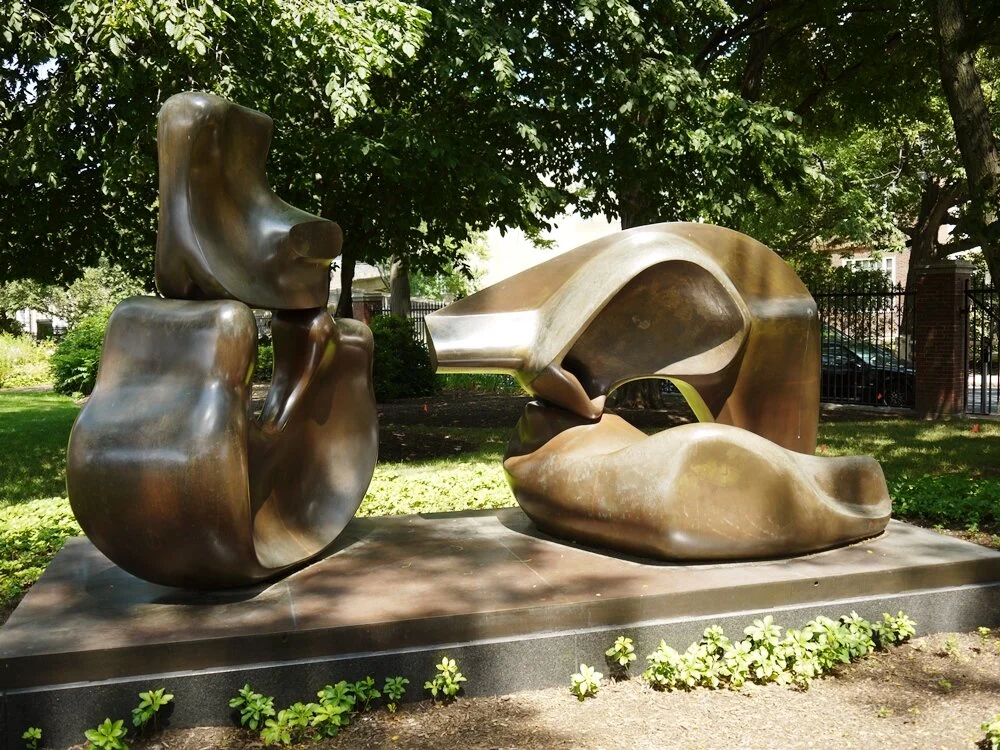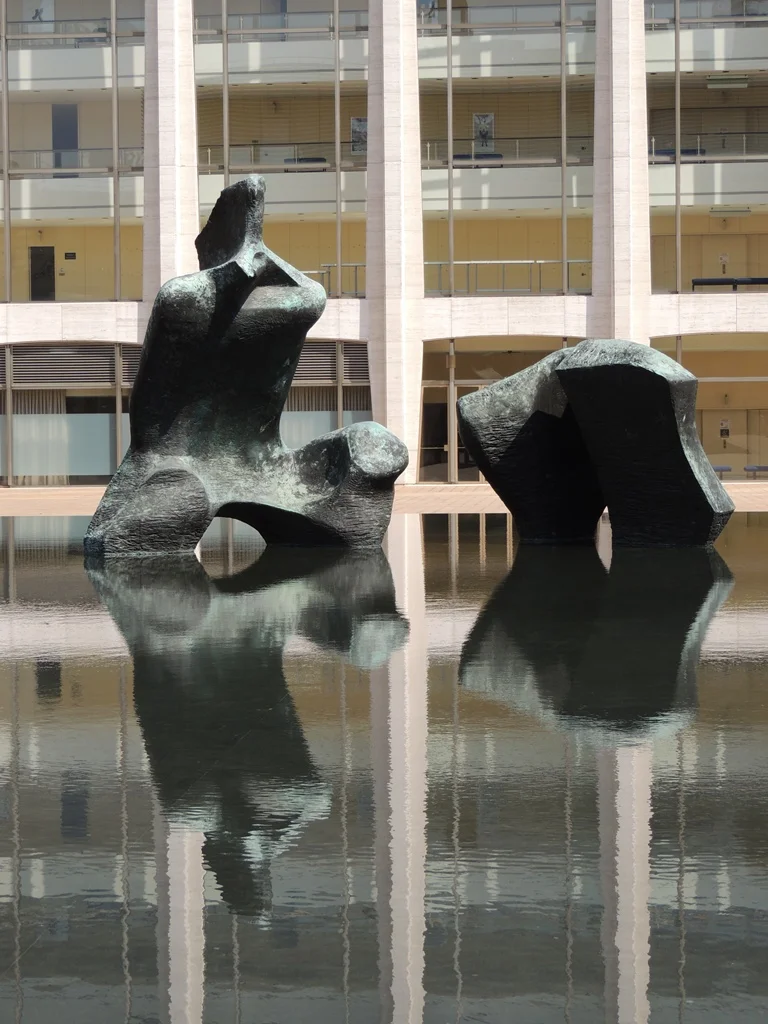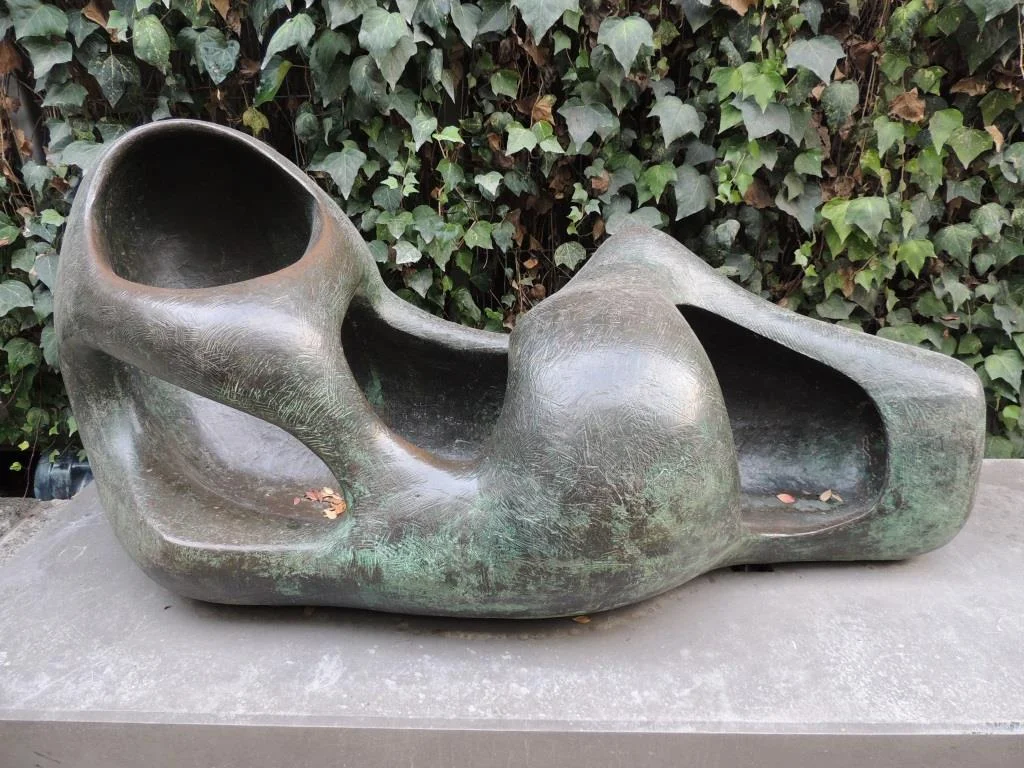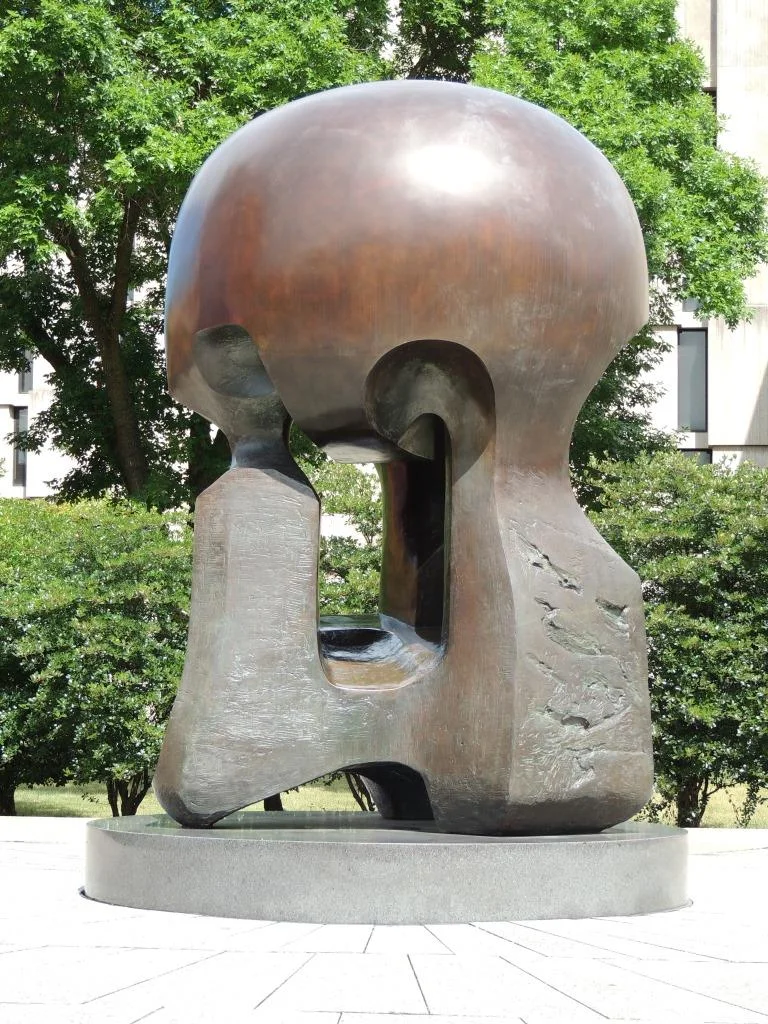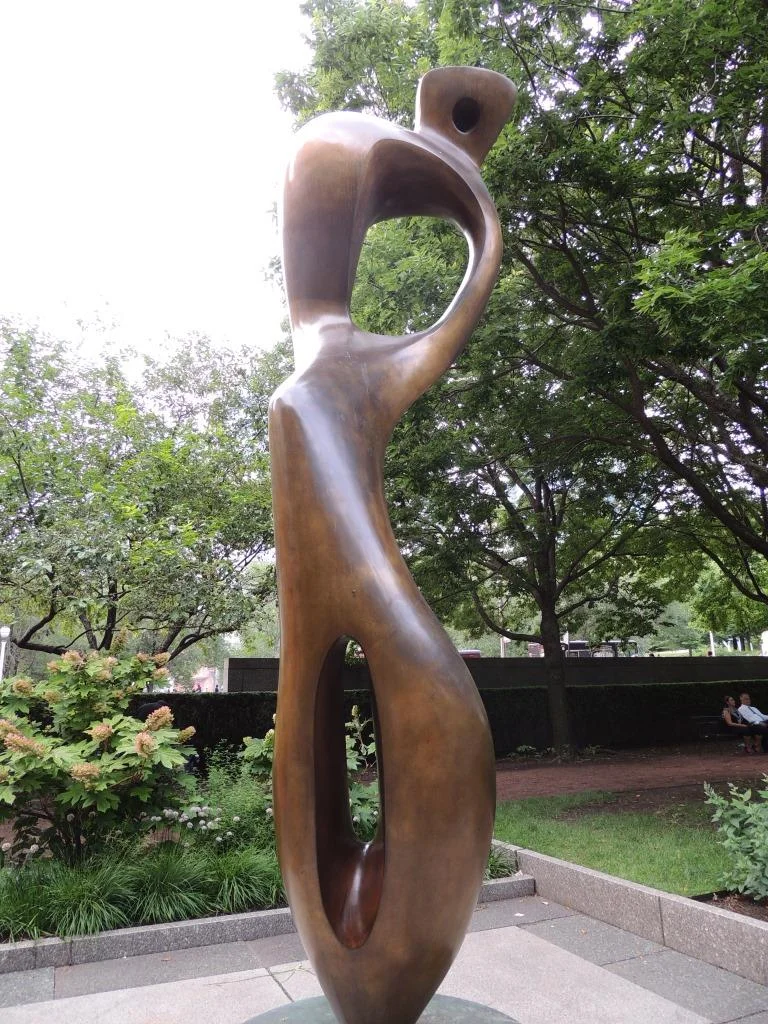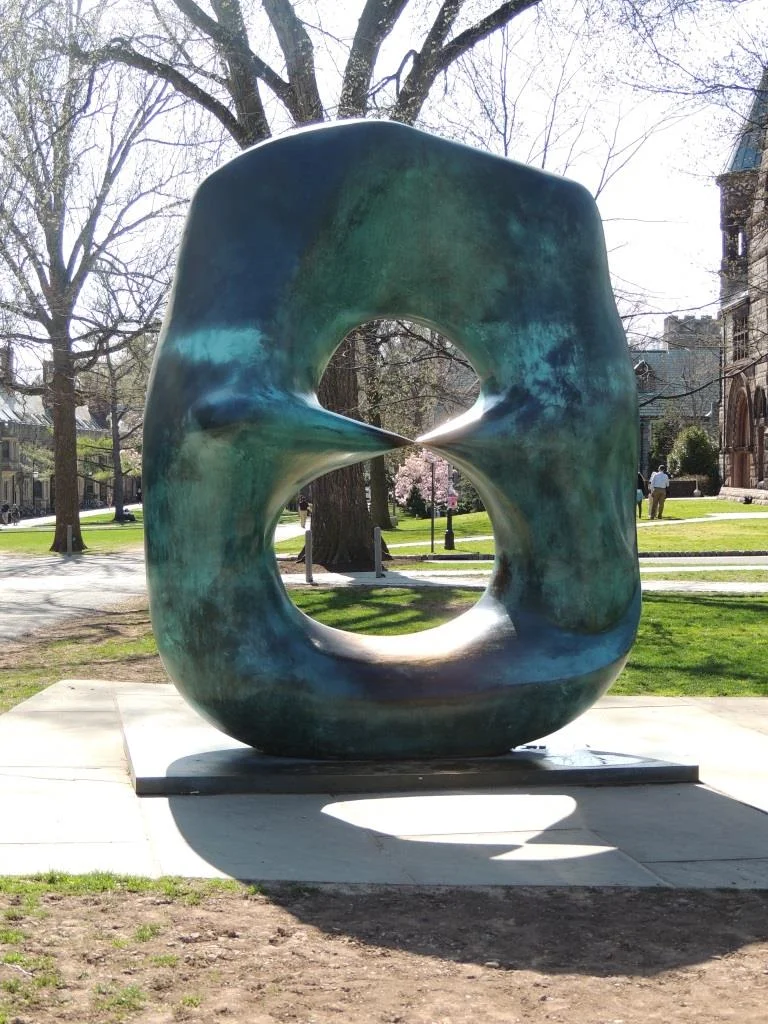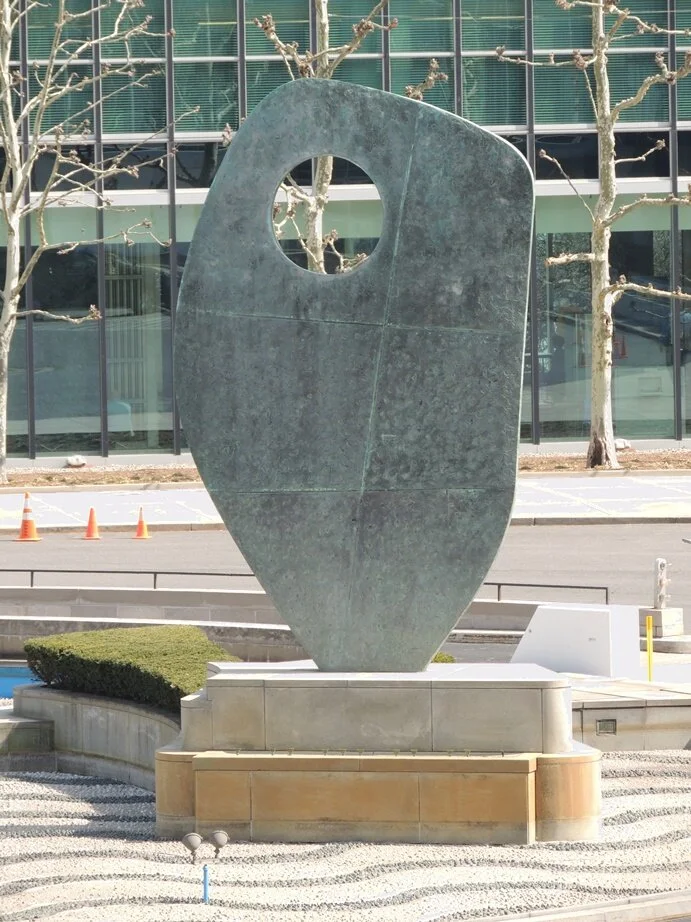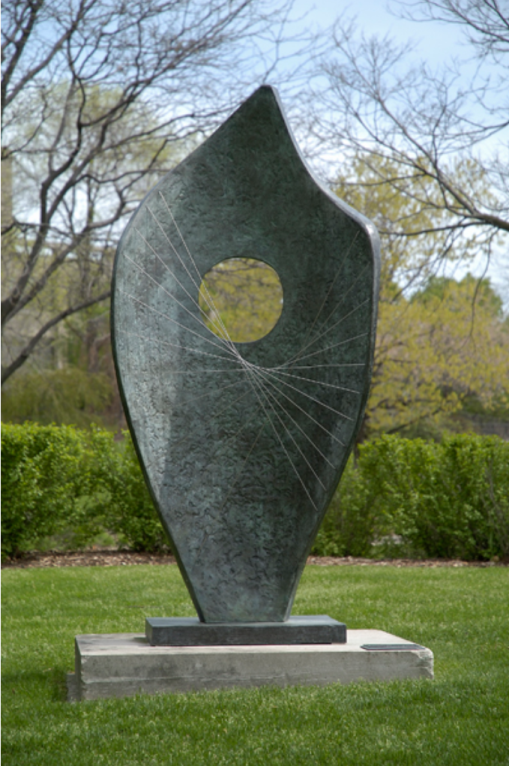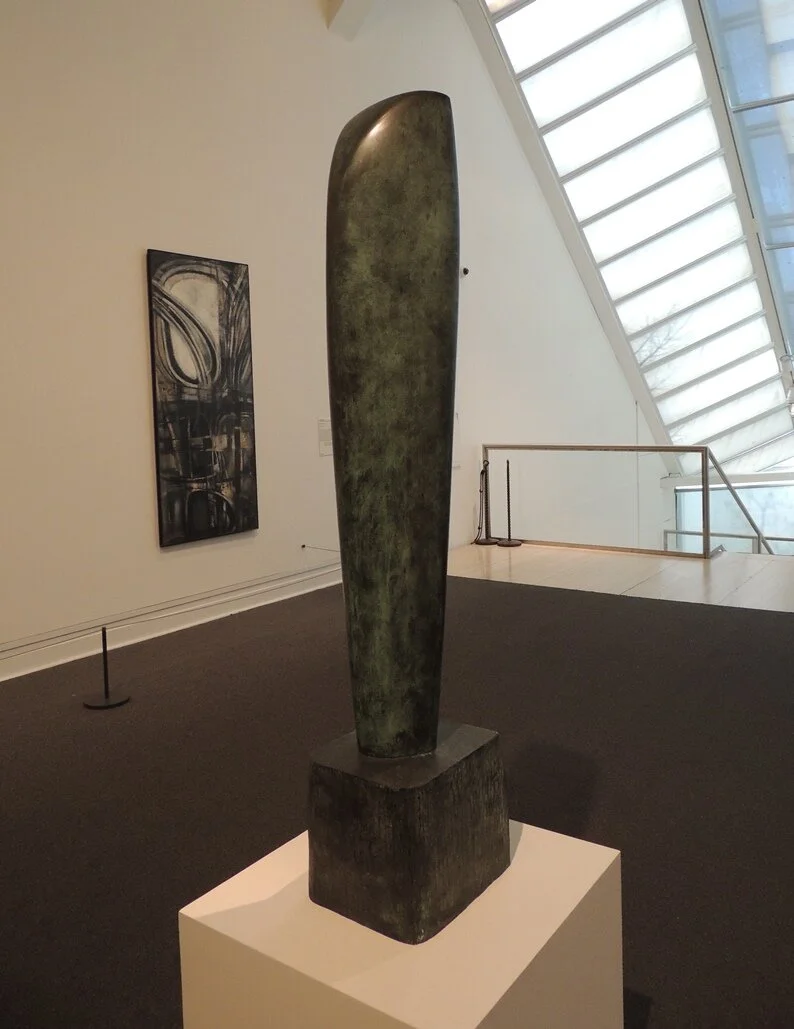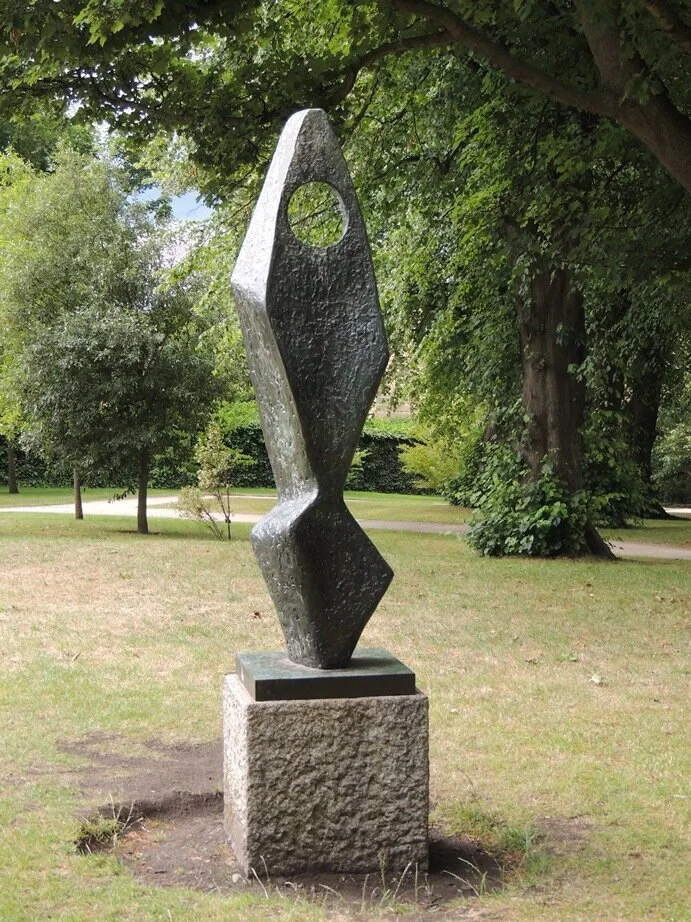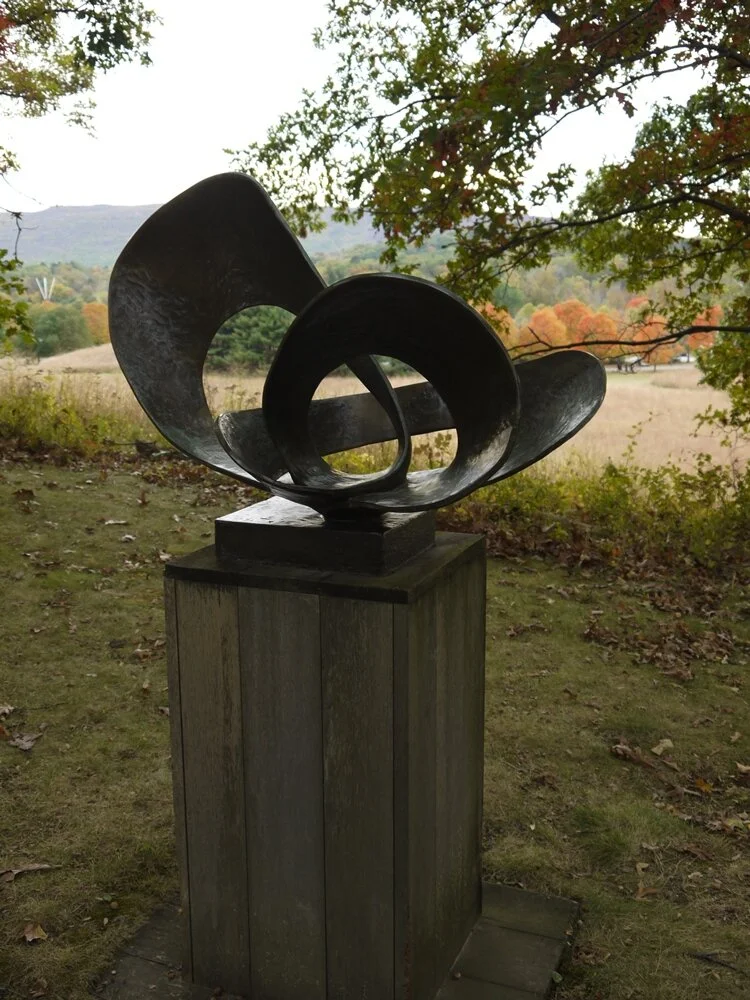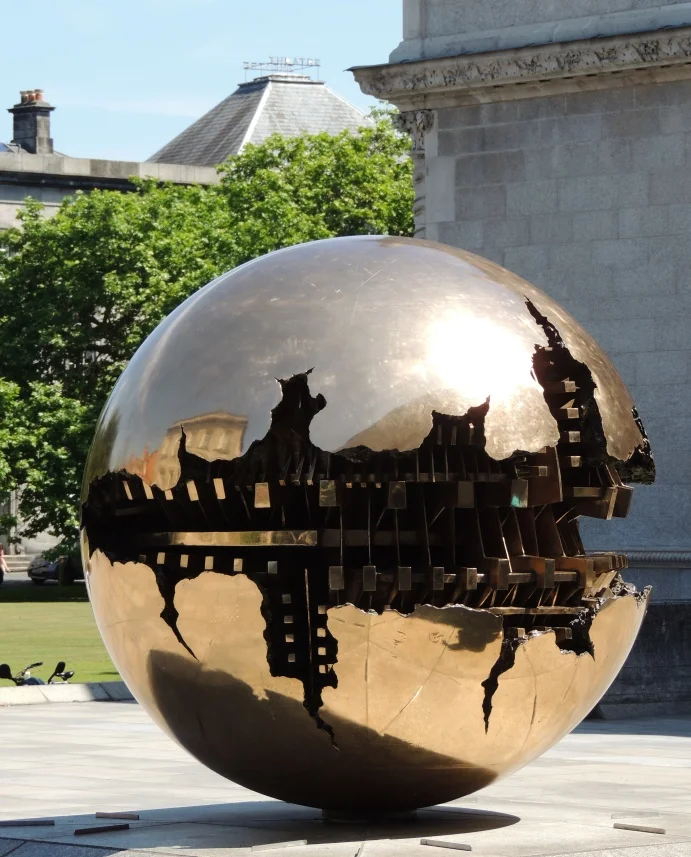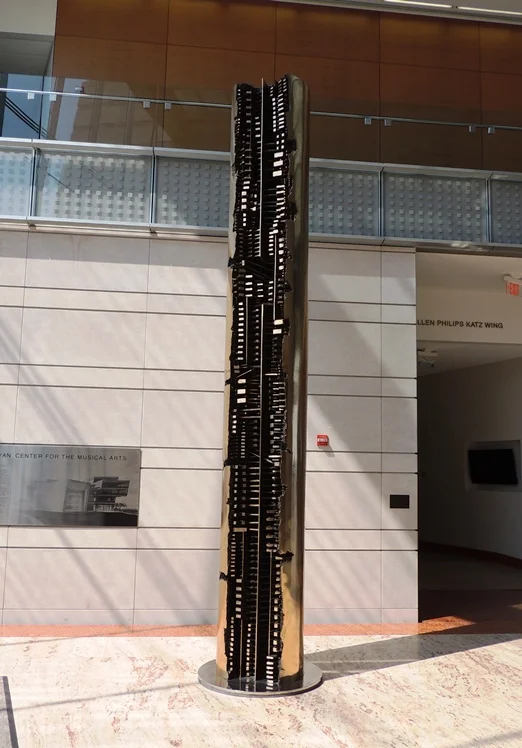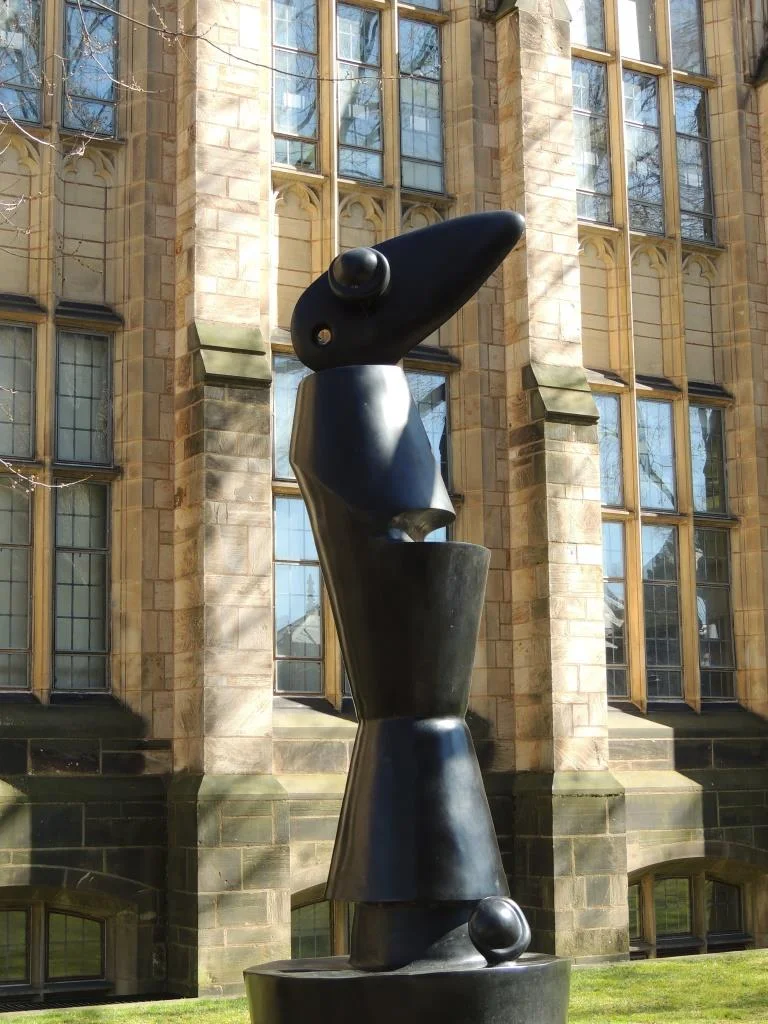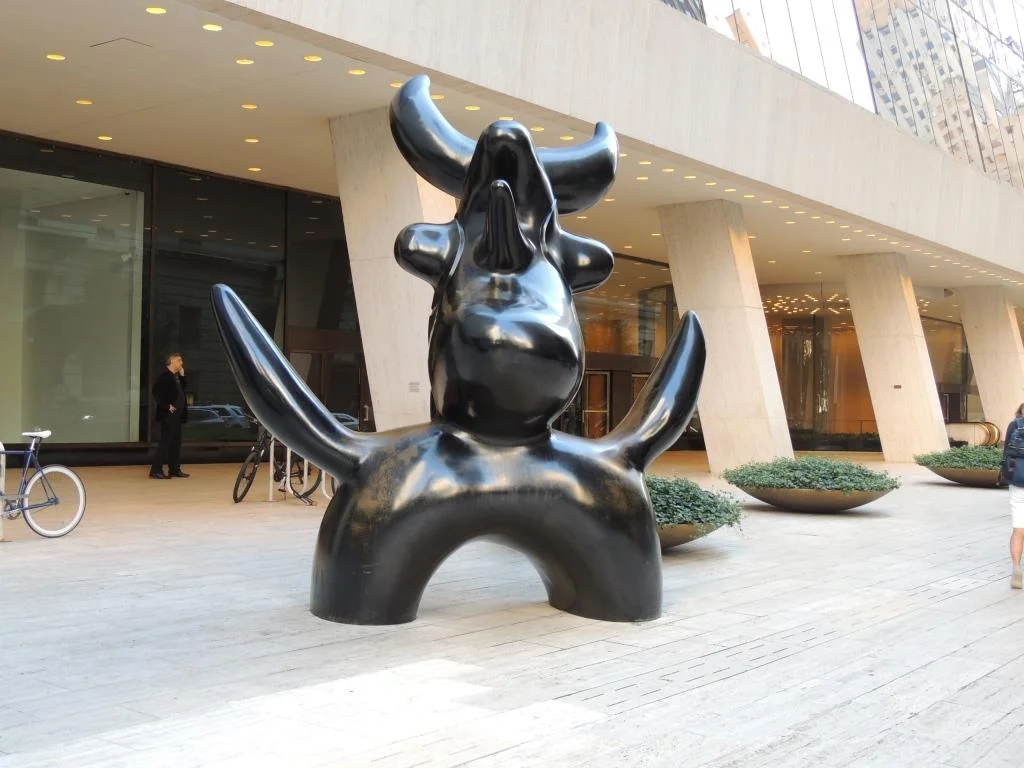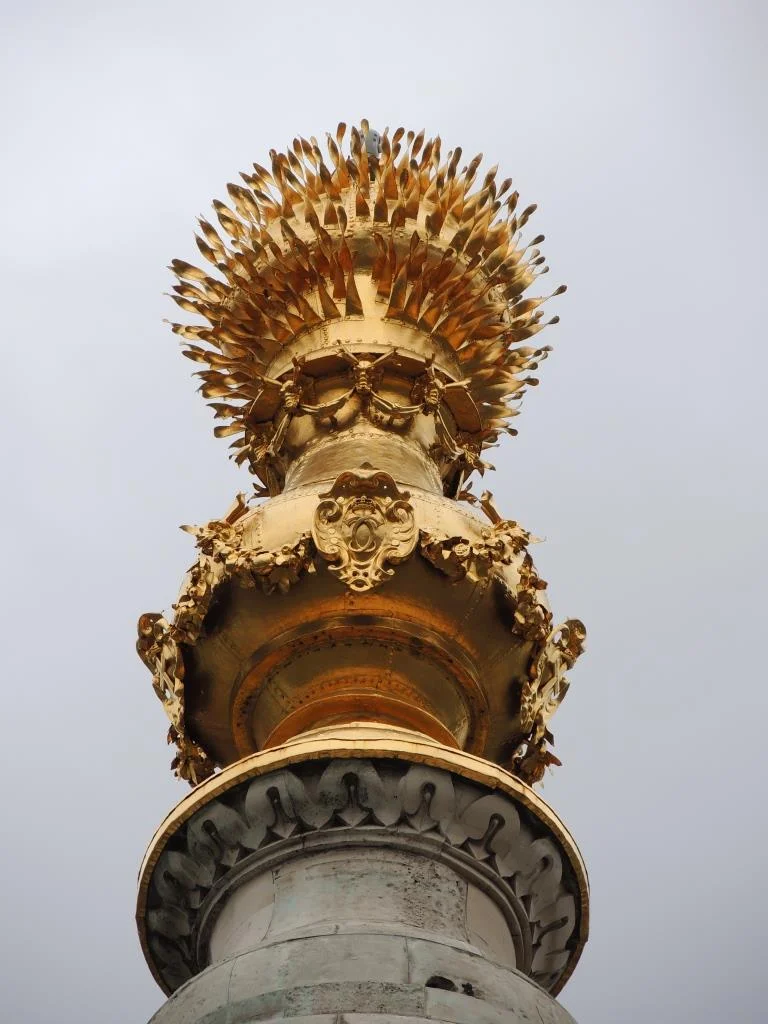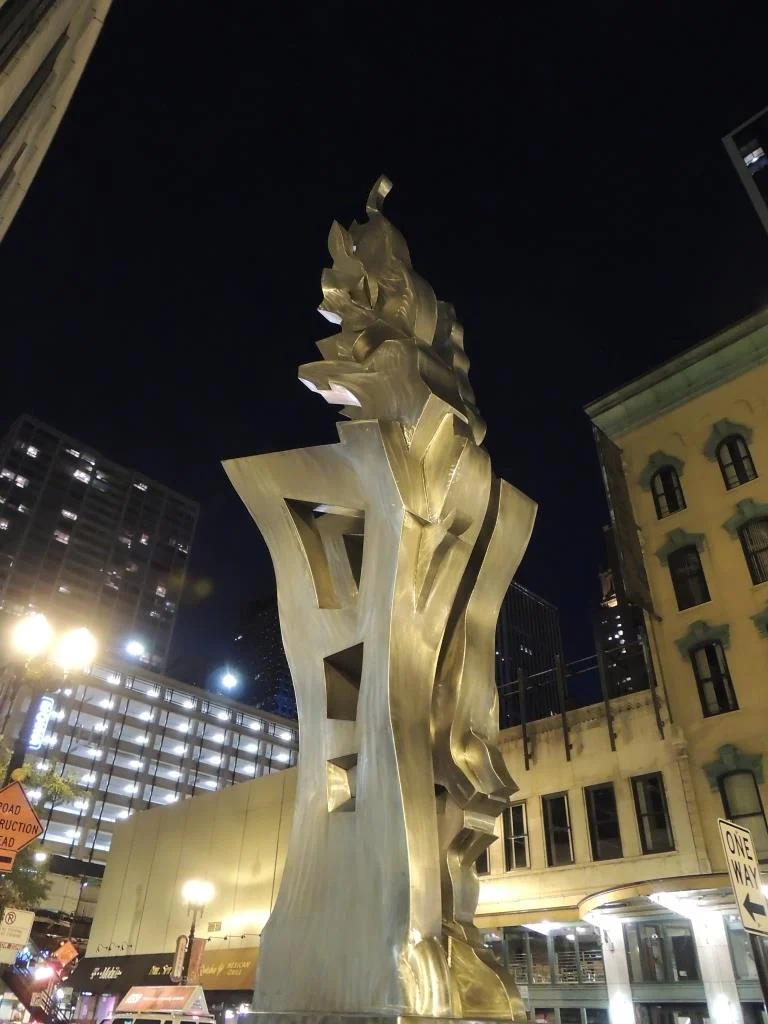Juxtapositions
Talin Kraft
This year, I visited a few places around the USA and abroad, and I kept seeing the same sculptors, the same architects, the same ideas. At first I didn't even notice, but when I encountered Henry Moore's sculptures in 9 cities across 2 continents, I started to think about it. I saw how an artist can explore and expand a single concept, how a vision can change and develop, and how differently one idea can be rendered by different people.
Here are all the sculptures and architecture that I came across this year:
Anish Kapoor ― I fell in love with his sculptures in 2006, when his Sky Mirror was exhibited in New York, across Rockefeller Center. This year I saw how he carried the same simple idea of a reflection in a curved surface further and further.
Alexander Calder, inventor of the Mobiles. This year, however, I mostly saw his Stabiles :)
Note the specific shade of his red sculptures ― the paint is called 'Calder's Red'.
Robert Indiana ― one of his most famous works, Love, is ever popular with the New York crowd. Here's a couple more in the same vein.
Santiago Calatrava, my favorite architect. Among other things, he builds bridges around the world, and each one has its own cultural reference, according to its location.
This bridge in Argentina symbolizes a couple dancing the tango. The Irish bridge is a harp, of course, a symbol of Ireland. The Israeli bridge symbolizes both a tent in the desert and another harp, this one belonging to King David.
Couple more things by Calatrava ― his Oculus train station finally opened in New York this year. And, interestingly, a sculpture ― I haven't seen his sculpture works before. It's a bit like the Oculus structure, isn't it? This sculpture is pretty amazing, all these pieces are just standing on each other, they are not welded. A thin steel cable holds everything together.
Another favorite architect, Frank Gehry, a perfect example of deconstructivist style. Years ago, I was impressed by his 'Dancing House' in Prague. I quite like his 2 buildings in New York and I got to see more this year.
For comparison, here are a couple of buildings by Frank Lloyd Wright that we saw in Chicago and Pennsylvania. His buildings are just the opposite ― a rule of form!
While visiting Falling Water, I noticed a sculpture on the edge of the pool and the style looked familiar. Looking at my pictures at home, I realized I knew the artist (without knowing his name) and saw quite a few of his sculptures. So I looked him up, that was Jacques Lipchitz. Can't say that I like him, though, his rounded lines and an unhealthy throat fixation bother me so much.
Henry Moore was incredibly prolific, here's just a handful of his sculptures. By the way, every Ivy league University has one of his works and, apparently, that's another point of competition.
Most of Moore's works are abstract, but some have more obvious meaning. Take a look at the sculpture in the University of Chicago, one of his more traditional monuments (in the sense that it directly commemorates a specific event). It's called 'Nuclear Energy' and is placed on the exact location where the Manhattan Project team devised the first nuclear reactor. This sculpture is very interesting, it resembles a skull from one position, and from another it looks like a giant key. Yet from another it could be seen as a mushroom cloud.
On the other end of the abstraction range stands Princeton's 'Oval with Points', which is meant to resemble one of Moore's favorite found objects ― an elephant skull, a gift from his biologist friend.
Speaking of Moore and his characteristic pierced figures, it’s worth mentioning that Barbara Hepworth, Moore’s friend and rival (they went to the same art school) was actually the first to use it. She is also one of the few female sculptors that became world famous.
Arnaldo Pomodoro is an Italian sculptor known for large, free―standing geometric forms, especially columns, spheres, and discs. Before he became a sculptor, he was trained in architecture, and he pays a lot of attention to the relationship between each individual sculpture and the space in which it is installed.
Arnaldo Pomodoro describes his sculptures as “crystals, or nuclei, or as eyes, or signal fires”. Personally, I like the dichotomy between perfect shape and polished, smooth surface on one hand and the burst of complex geometrical details on the inside.
Here are a couple of very different birds, one by Max Ernst and another by Joan Miró, both surrealist painters and sculptors. The image of a bird appears very often in both artists' works. Also, Miró loves stars and everything cosmic ― even his bird is lunar, so here's one of his Constellation renditions.
Max Ernst' sculpture is rather ironic, as Habakuk was a Jewish prophet, who condemned the makers of idols, that is, sculptors. Note how Habakuk lost his third eye, which is rather a problem for prophets :)
These are very different sculptures, from different times and by very different artists, but there's one common theme ― Fire and Dragons.
London is full of dragons, and the Great Fire is also symbolized by a terrifying, fire-breathing dragon. If you look closely at the flaming orb, you'll see 2 rows of long-eared dragon heads ― in the first row, right beneath the fire, dragons hold a ribbon in their mouths. The second row is below, and the dragons hold some leafy garlands.
Chicago is another city that was wiped out by fire and while there's no official monument, I see Richard Hunt's sculpture as a memorial to the Great Fire of Chicago. It's very modern, depicting a tall building that is melting under the flames.
And to close this topic, look at the fierce but cute Dragon from the Circle of Animals/Zodiac Heads by Chinese artist Ai Weiwei. While Chinese dragons are traditionally water creatures, this one is rather fiery!


